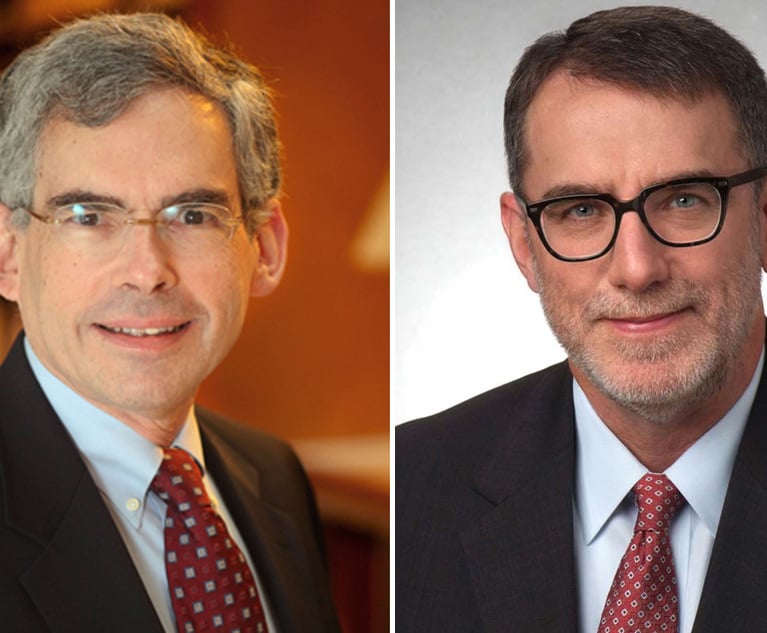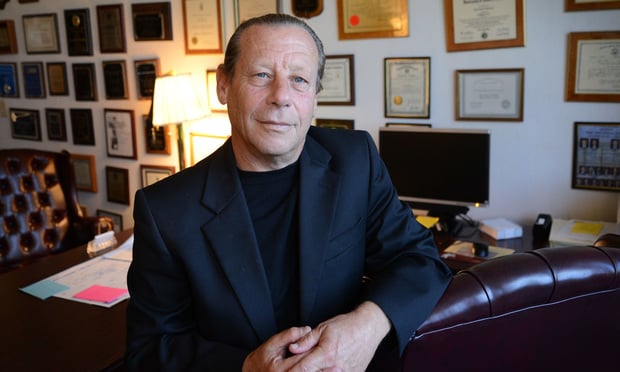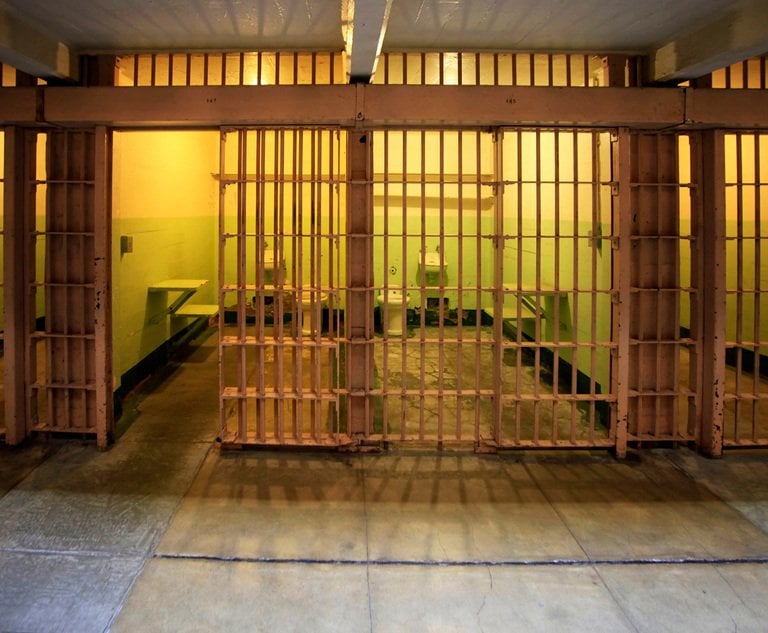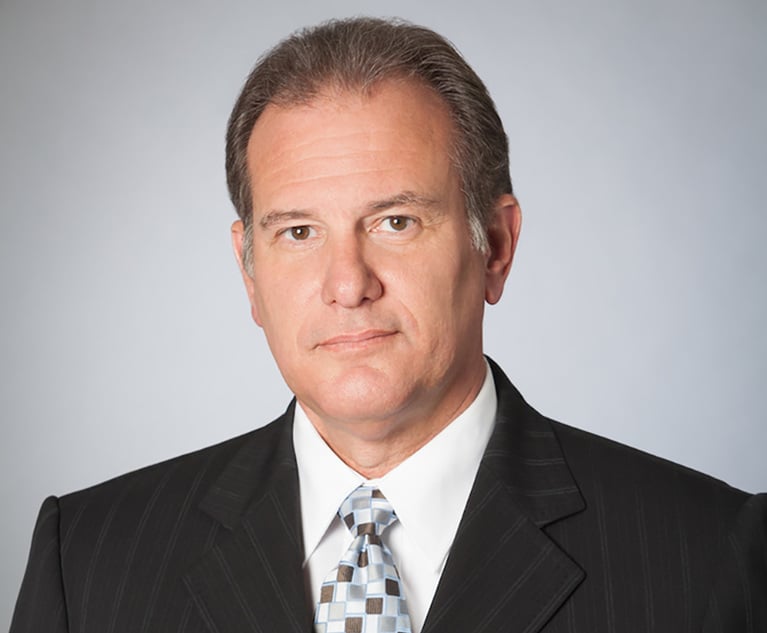It has been an exhausting week—or year, rather. From Kobe Bryant’s tragic death to Australia’s wildfires to murder hornets and finally, COVID-19 and its rising death toll, and protests against stay-at-home-orders, 2020 has certainly been one for the history books. But now, our country has shifted its focus to the open rebellion against another deadly disease that has plagued our nation for centuries: racism. The death of George Floyd, yet another name on the continuous “list” of Black people who have been slain—has shaken many of us to our core. For my generation, the aftermath of George Floyd’s death reignites the pain we felt after Michael Brown’s murder in Ferguson, Missouri; for older generations, it is the Arthur McDuffie and Rodney King riots of 1980 and 1992, respectively.
Like many Black lawyers, I am experiencing vicarious trauma from the loss of a man who could have easily been my husband, father or one of my brothers. However, I also feel a strong desire to figure out —and quickly—what my role should be in making a difference. That answer might be more apparent for some of my other colleagues in the profession, especially those who practice criminal law. A large portion of my graduating class went on to become either State Attorneys or Public Defenders. In the last week, I have seen many of them rally together to assist others in wake of the death of George Floyd by using their resources and knowledge to offer pro bono representation to those who have been arrested during protests. Others have brought light to our daily struggle with covert racism and implicit bias among colleagues, and sometimes (dare I say it?) friends, by exposing colleagues who have “posted and deleted” some problematic statements on social media platforms.


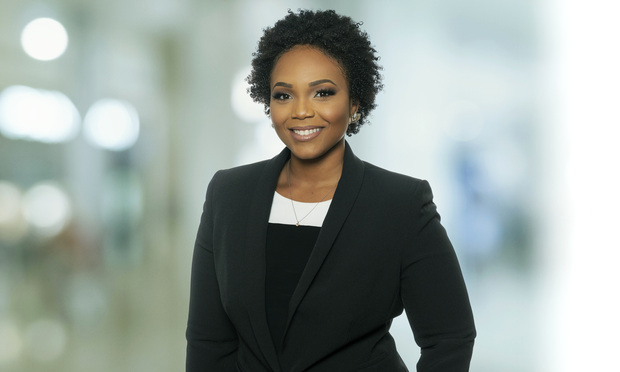 Chanae L. Wood of Weiss Serota Helfman Cole & Bierman.
Chanae L. Wood of Weiss Serota Helfman Cole & Bierman.
